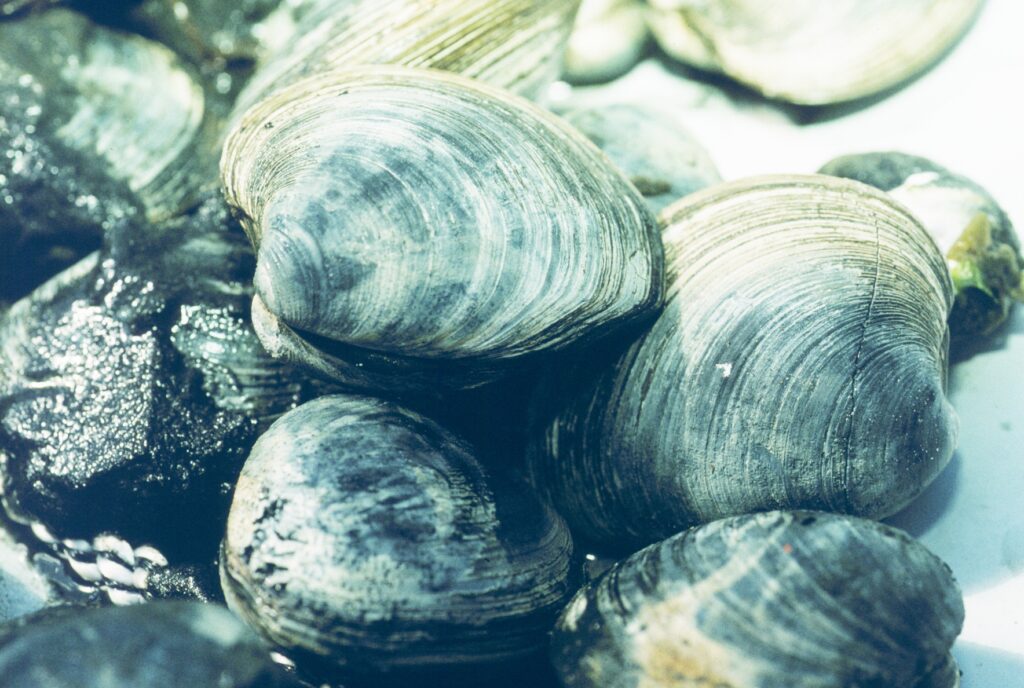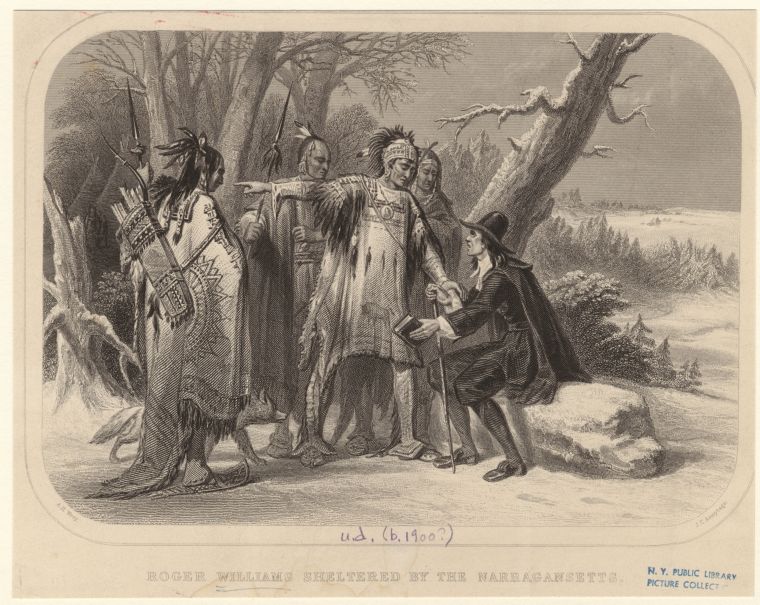Take a moment, and think about what comes to mind when you hear the term ‘Marine Biology’. Is it coral reefs? Whale migration? Deep-sea creatures? When we think of the term ‘Marine Biology’ it is through the lens of western ideology. However, the ocean has always been more than a data point or species list. For the Narragansett Tribe it is a living spirit. Taking the roles as a relative, a provider, and teacher. The Narragansett’s relationship with the coast of Rhode Island displays that the health of the ocean is intertwined with the health of the people who live alongside it.

For many generations, the Narragansett have coexisted with the ocean relying on the waters for food, culture, and identity. Shellfish, specifically quahogs, were essential not only for food but also for their traditional practices. Quahog shells formed the basis for wampum, beads that held spiritual, cultural, and political meaning. Fishing, gathering, and coastal activities were carried out with respect and reciprocity, known as sustainability today.
This connection is not something of the past, it is current. The Narragansett continue to live with and learn from the ocean but they now face challenges that threaten marine ecosystems and cultural traditions. Climate change, rising sea levels, and coastal erosion threaten coastal wildlife and the coasts that are home to many. These coasts hold the history of the Narragansett, of ancestral lands and stories. Overfishing and pollution have weakened shellfish beds that have historically supported these species. These changes are not insignificant, they are bringing challenges for food sovereignty, conservation, and cultural preservation.

(Image from RISD museum)
Marine biology coexists with Indigenous knowledge. Through western science there is a separation from humans and ecosystems. Indigenous teachings, specifically the Narragansett contradict western ideas and instead teach that the ocean is alive. That human beings are a part of the web of life, and that survival depends on balance. Researching about climate impacts is important, however researching without cultural insight limits the conservation of our oceans.
For the Narragansett, the ocean is not a body of water but a living relative. Protecting our oceans is much more than preserving biodiversity, it is about making space for those that have nurtured it generations before us. Preserving the identity and heritage of the ‘people of the small point‘, will shape the future of coastal communities. It is their teachings that remind us: the ocean sustains us, and we must care for it in return.
